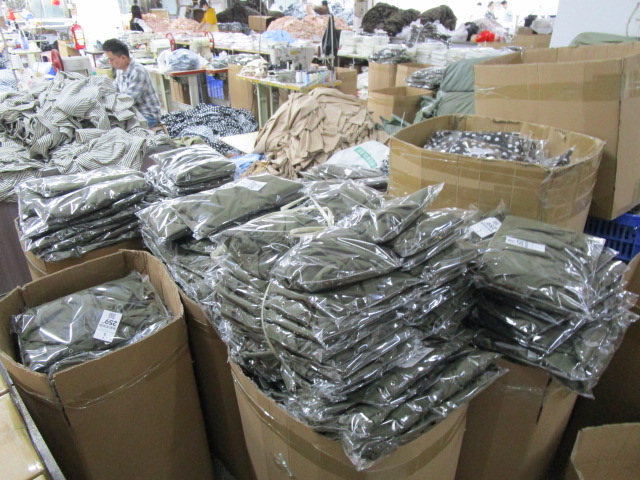In the complex and globalized world of manufacturing, factory audits play a crucial role in ensuring that suppliers meet the necessary standards of quality, safety, environmental management, and social responsibility. These audits are essential for companies looking to maintain their reputation, ensure product quality, and comply with legal and ethical standards. This article explores the various types of factory audits, outlining their content, characteristics, and importance.
Contents
Quality Audits
Quality audits focus on the systems and processes that a manufacturer uses to maintain product quality. These audits evaluate the effectiveness of the quality management system (QMS), adherence to industry standards (such as ISO 9001), and the ability to meet customer requirements consistently.
Content and Characteristics:
- Evaluation of the QMS, including documentation, process control, and quality monitoring mechanisms.
- Assessment of product design processes to ensure they meet quality specifications.
- Inspection of final products and quality control measures throughout the production process.
- Identification of areas for improvement in quality control practices.
Environmental Audits
Environmental audits assess a factory’s adherence to environmental laws and regulations, as well as its commitment to reducing its environmental impact. These audits are increasingly important in a world where consumers and regulators demand sustainable practices.
Content and Characteristics:
- Examination of waste management practices, including recycling and disposal methods.
- Evaluation of energy use, water consumption, and efforts to reduce carbon footprint.
- Compliance with local and international environmental regulations.
- Recommendations for improving environmental sustainability.
Social Compliance Audits
Social compliance audits, also known as ethical audits, evaluate a factory’s adherence to social and labor standards. These audits are vital for ensuring that workers’ rights are respected and that factories are free from labor abuses.
Content and Characteristics:
- Assessment of working conditions, including health and safety standards.
- Evaluation of labor practices, such as child labor, forced labor, discrimination, and working hours.
- Inspection of dormitories and canteen facilities for workers.
- Recommendations for enhancing social compliance and worker well-being.
Security Audits
Security audits focus on the physical and informational security practices of a factory. These audits are essential for protecting intellectual property, ensuring the safety of employees, and securing the supply chain.
Content and Characteristics:
- Evaluation of physical security measures, such as access control, surveillance systems, and security personnel.
- Assessment of cybersecurity practices and data protection measures.
- Identification of vulnerabilities in the security infrastructure.
- Recommendations for strengthening security protocols.
Financial Audits
While not as common as the other types, financial audits of factories assess the financial health and practices of a supplier. These audits are crucial for evaluating the risk of supply chain disruptions due to financial instability.
Content and Characteristics:
- Examination of financial statements, including balance sheets, income statements, and cash flow statements.
- Assessment of financial controls and accounting practices.
- Evaluation of financial solvency and risk management strategies.
- Recommendations for improving financial health and transparency.
Comprehensive Audits
Comprehensive audits (we called Manufacturing audit) combine elements of the audits mentioned above, offering a holistic assessment of a factory’s operations. These audits are thorough and are often conducted by larger companies seeking to ensure comprehensive compliance with their standards.
Content and Characteristics:
- In-depth evaluation of quality, environmental, social, security, and financial aspects.
- Detailed assessment of compliance with industry standards and regulations.
- Comprehensive recommendations covering all areas of factory operations.
- Development of an action plan for addressing identified issues.
In conclusion, factory audits are a vital component of modern supply chain management, ensuring that manufacturing practices meet the required standards of quality, safety, environmental stewardship, and social responsibility. By understanding the different types of factory audits and their unique content and characteristics, companies can better select the appropriate audits for their needs, ultimately contributing to a more ethical, sustainable, and high-quality supply chain.






